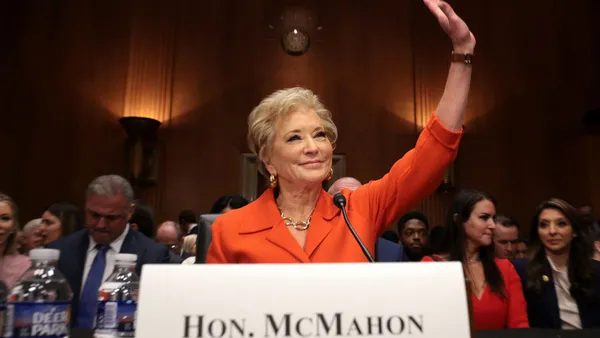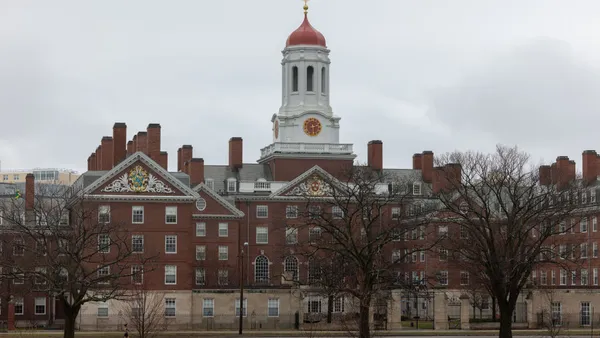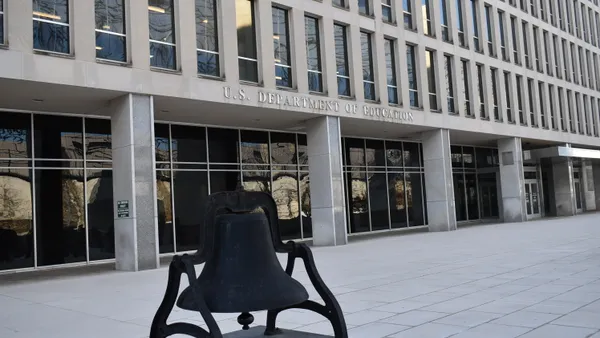Dive Brief:
-
Tennessee Gov. Bill Lee, a Republican, introduced legislation this week that would force public colleges to shutter their Confucius Institutes, Chinese cultural centers that the Trump administration deemed propaganda engines.
-
Confucius Institutes have long been contentious, drawing ire for allegedly infringing on academic freedom, but more recently they have been tied to lawmakers' criticism of Chinese interference in American affairs.
-
Lee's proposal would also require public institutions to report gifts and contracts with foreign entities valued at more than $10,000, following a trend of Republican officials who want colleges to be more transparent about their financial ties outside the U.S.
Dive Insight:
Lee's office said in a statement Tuesday that the measure is a "key" piece of his 2021 legislative package. It is necessary, Lee said in that statement, in response to the Biden administration's decision to roll back a proposed Trump-era regulation that would have required colleges to disclose their financial relationships with Confucius Institutes.
The governor echoed objections to the centers from some other lawmakers, citing its ties to China, which is ruled by the Chinese Communist Party.
Confucius Institutes' purpose differs across campuses, but they generally teach language and cultural programming, as well as conduct outreach to K-12 schools. They are managed by Hanban, an affiliate of the Chinese Ministry of Education. Three are in Tennessee, according to the Confucius Institute U.S. Center.
Lawmakers, including U.S. Sen. Marco Rubio, a Florida Republican, have called to disband the institutes on college campuses, alleging they are furthering Chinese propaganda. Several have closed amid these condemnations.
Attention on the institutes ramped up further after a 2019 Senate subcommittee report revealed that about 70% of colleges receiving more than $250,000 from Hanban failed to properly report it to the federal government. The Higher Education Act mandates colleges disclose foreign donations and contracts worth $250,000 or more in a calendar year.
The subcommittee report also helped spur the Trump administration's crackdown on colleges reporting their foreign funding. Trump's Education Department opened 19 investigations into prominent universities' links to foreign entities and scaled up institutions' reporting requirements.
State leaders have since picked up where the Trump administration left off. In addition to the Tennessee proposal, Florida Gov. Ron DeSantis, a Republican, is supporting a bill requiring colleges to disclose foreign gifts of $50,000 or more.
The U.S. Senate also approved a bill this month that would block federal funding for institutions that don't comply with a set of oversight measures for the institutes that it outlines.
One state policy expert told Higher Ed Dive earlier this month he expects more criticism levied at China "on and off" college campuses in the lead-up to the 2024 election.














